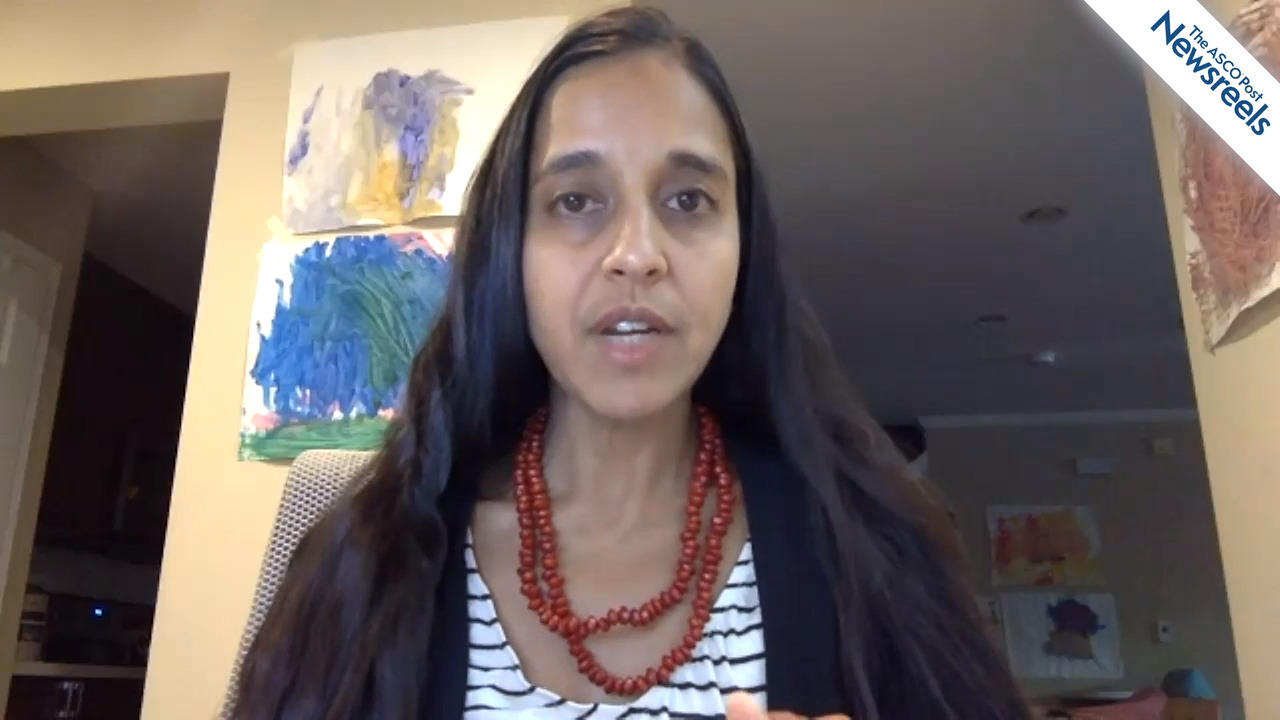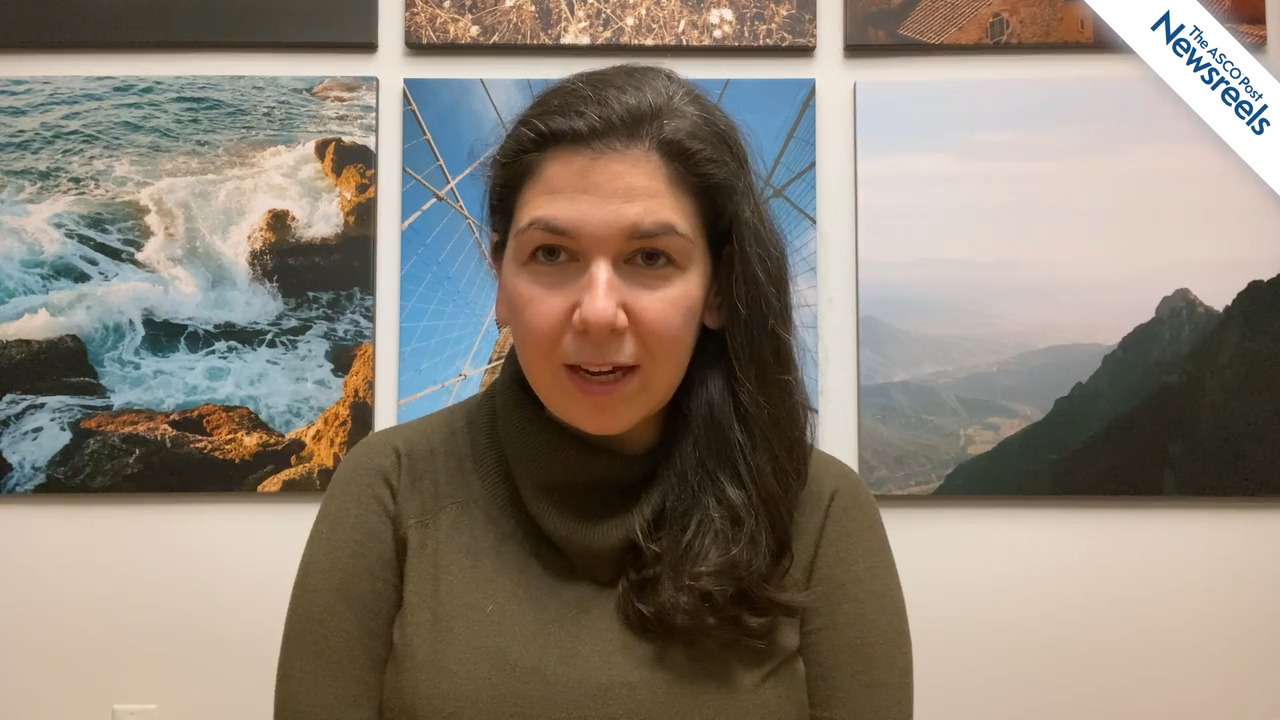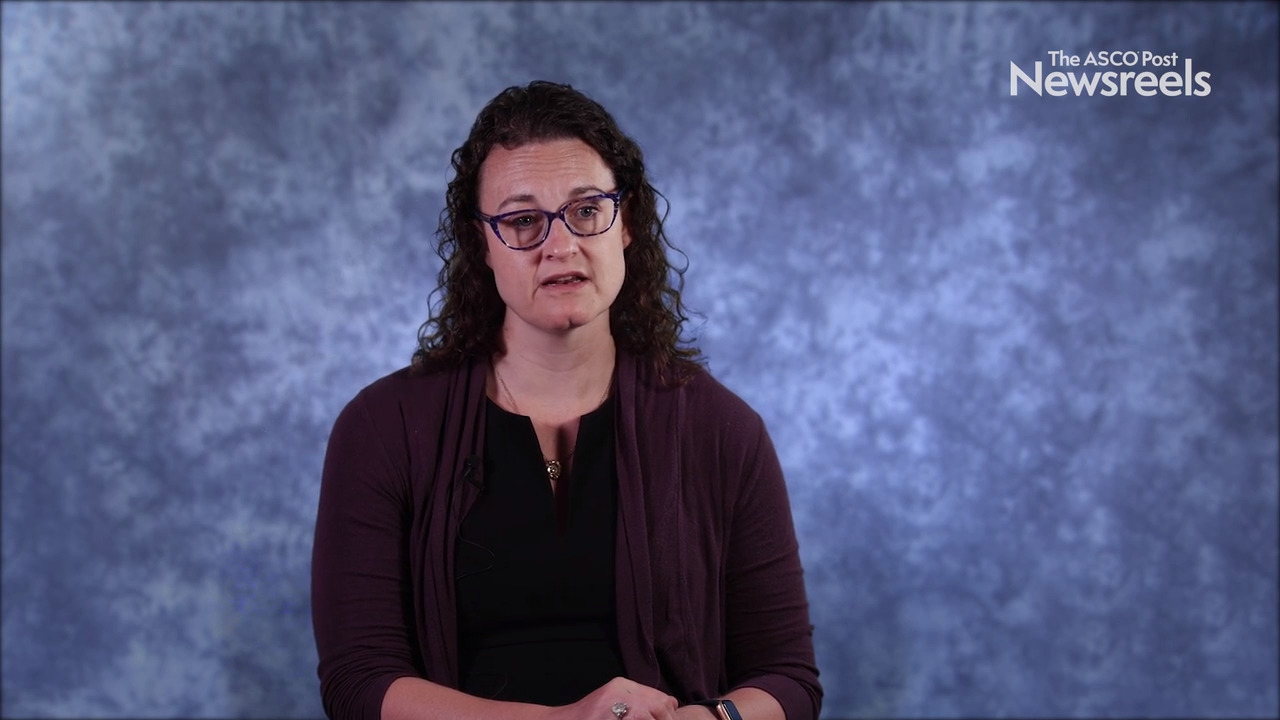John V. Cox, DO, MBA, on Reshaping Practice Models to Better Care for Patients With Cancer
2021 ASCO Quality Care Symposium
John V. Cox, DO, MBA, of The University of Texas Southwestern Medical Center, summarizes his Joseph V. Simone Lecture, in which he stressed the need for coordinated care among practices. The concept of oncology medical homes, he says, has evolved to a broader-based model in which oncologists cooperate with other practices to manage patients and their comorbidities with optimal outcomes. Professional organizations such as the American College of Physicians and ASCO can provide clinicians with the tools they need to engage in this future of health care.
The ASCO Post Staff
Manali I. Patel, MD, MPH, of Stanford University School of Medicine, discusses data suggesting that community health workers and innovative payer models can better engage low-income and minority patients with cancer, improve their health-related quality of life, and reduce unwanted and unnecessary acute care.
The ASCO Post Staff
Morgan R.L. Lichtenstein, MD, of Columbia University Medical Center, discusses a single-center prospective study examining the complex relationship between time to oral oncolytic receipt and clinical or process-related factors, such as prior authorization, diagnosis, and insurance type.
The ASCO Post Staff
Sarah S. Mougalian, MD, of Yale Cancer Center, discusses the increasingly common problem of long wait times for access to oncology care. Her team developed a next-day access program in several of Yale’s oncology services, which was well received by patients and decreased the time to first visit.
The ASCO Post Staff
Benjamin W. Corn, MD, of Shaare Zedek Medical Center in Jerusalem, discusses hope: what it takes for hope to thrive; how he and his colleagues are helping patients and providers become more hopeful through workshops; and his collaboration with the Southwest Oncology Group to aid patients, through hopefulness, to better adhere to treatment regimens.
The ASCO Post Staff
Divya Gupta, MD, of the Stanford Cancer Center, discusses an intervention utilizing a computer model and lay care coaches to improve advance care planning conversations with patients who have metastatic cancer. The study, Dr. Gupta reports, showed a trend toward less intensive care for patients at the end of life.





